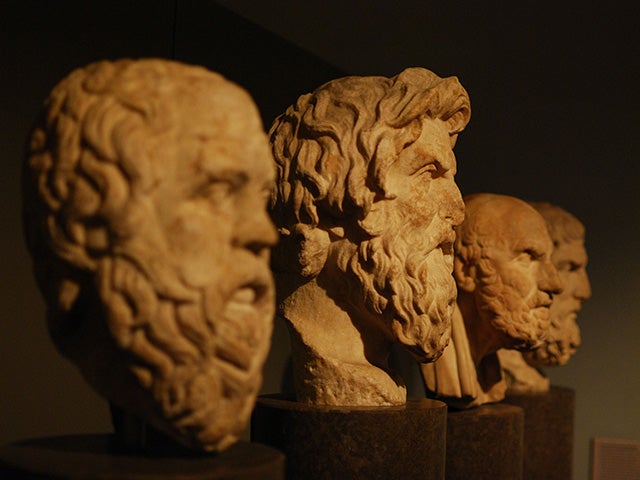Special Topics in Cognitive Science
Music, Language, and Cognition
Adam Matthias Croom
Aug 24, 2022 - Dec 09, 2022
Mo, We, Fr
01:00 pm - 01:59 pm
No Open Seats

Humans from all cultures and time-periods have been found to engage in linguistic and musical activity, but why do humans universally engage in these unique and complex behaviors? Do music and language play important roles in individual cognitions and social interactions, and if so, in what ways? What relationships exist between music and language perception, processing, and action? And what does the study of music and language reveal about the unique nature of human mental and social life? Questions such as these have fascinated philosophers for thousands of years and continue to excite cognitive scientists and other scholars to this day. The purpose of this course is to introduce students to the landscape of contemporary research on music and language, especially from embodied and usage-based approaches in cognitive science. In this course we will cover basic concepts in the study of language cognition including phonemes (the sounds that form languages), morphemes (words and their component parts), syntactic structures (sentences and their component parts), literal meaning (semantics), figurative or nonliteral meaning (including metaphors and slurs), and speech acts (pragmatics). We will also cover basic concepts in the study of music cognition including pitch, chroma, timbre, consonance, dissonance, key, tonality, atonality, melody, beat, meter, tempo, and rhythm. Throughout this course we will cover a range of interesting topics about music and language while using each topic to explore the similarities and differences that exist between musical and linguistic domains. For example, some of the language and music-relevant topics to be explored in this course include the brain and cognitive processes involved in linguistic structure and meaning, the brain and cognitive processes involved in musical structure and meaning, evolutionary theories of language and music, generative theories of language (Generative Grammar) and music (Generative Theory of Tonal Music), non-generative (embodied and usage-based) theories of language and music, similarities and differences in the structure (syntax) of language and music, similarities and differences in the meaning (semantics) of language and music, similarities and differences in the practical use (pragmatics) of language and music, the time course of cognitive development for language and music in children and adults, cross-cultural differences in language and music cognition, and the nature of creativity in linguistic and musical performances (for example, in improvised spoken-word poetry and jazz improvisation).
By completing this course students will gain insight into some of the most fascinating areas of research in cognitive science today and will develop a better understanding of the central roles that music and language play in human mental and social life.










